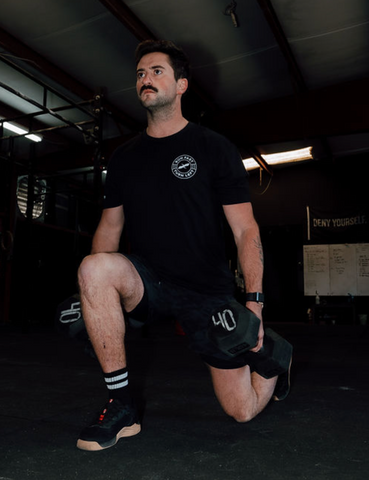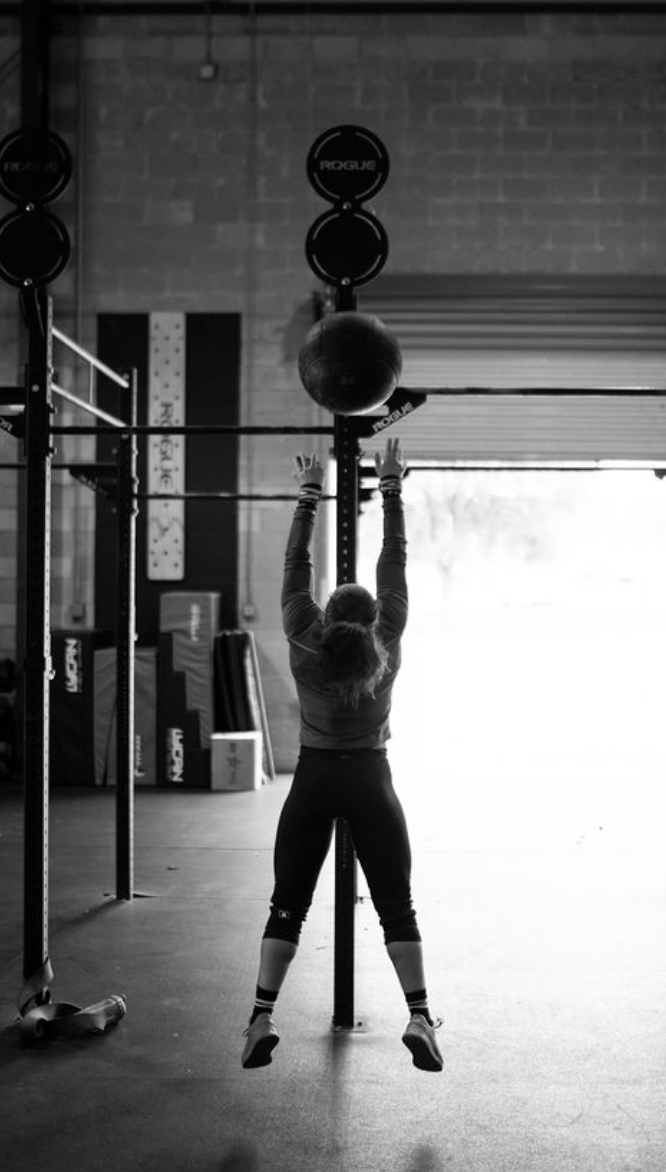In our fast-paced world filled with deadlines, responsibilities, and endless distractions, ensuring a good night's sleep can often feel like an elusive luxury. Insomnia, characterized by difficulty falling or staying asleep, affects millions worldwide, leading to a myriad of health issues and decreased quality of life. However, amidst the struggle to attain restful sleep, a beacon of hope emerges from the realm of exercise. Recent research suggests that individuals who commit to a moderate exercise routine, just two to three times a week, may find relief from insomnia and experience improved sleep quality.
The Study:
Published on March 26 in the esteemed journal BMJ Open, the study conducted by Icelandic psychologists Erla Bjornsdottir and Elin Helga Thorarinsdottir sheds light on the profound benefits of consistent physical activity on sleep patterns. Their research team meticulously examined the relationship between exercise habits and sleep quality among participants over an extended period. The results were nothing short of remarkable, indicating a strong correlation between regular exercise and reduced symptoms of insomnia. Individuals who adhered to a moderate workout regimen of two to three sessions per week were found to be less likely to suffer from insomnia compared to their sedentary counterparts.
The Data:
The research and the data speak volumes. This study followed the exercise routines and sleep patterns among nearly 4,400 middle-aged adults hailing from 21 hospitals across nine European countries. Participants provided insights into their exercise frequency, specifically detailing activities that induced breathlessness or sweat.
The findings revealed compelling correlations between regular physical activity and enhanced sleep quality. Individuals who maintained a consistent exercise regimen of at least a few sessions per week, amounting to a minimum of one hour of exercise weekly, exhibited notable improvements in their sleep patterns. Here is what they found:
- Those who adhered to regular exercise routines were 42% less likely to experience difficulty falling asleep.
- A 22% decrease was observed in the likelihood of encountering any symptoms of insomnia.
- A significant 40% reduction was noted in the occurrence of multiple insomnia symptoms.
- Symptoms of insomnia encompassed difficulties such as prolonged sleep onset, nocturnal awakenings, and excessive daytime drowsiness.
Moreover, individuals who sustained consistent exercise habits were 55% more likely to attain the recommended duration of sleep, falling within the range of 6 to 9 hours per night. Conversely, they were 29% less likely to suffer from insufficient sleep, defined as less than 6 hours, and 52% less likely to experience excessive sleep, exceeding 9 hours.
Interestingly, those who initiated physical activity during the decade-long study period demonstrated a 21% higher likelihood of transitioning to normal sleep patterns compared to their sedentary counterparts.

The Science Behind Exercise and Sleep:
But what exactly is it about exercise that promotes better sleep? The answer lies in the intricate interplay between physical activity and the body's internal mechanisms. Engaging in regular exercise helps regulate various physiological processes, including hormone secretion, body temperature, and metabolism, all of which play pivotal roles in the sleep-wake cycle. Exercise stimulates the release of endorphins, often referred to as the body's natural mood elevators, promoting relaxation and reducing stress levels—two crucial factors in achieving restful sleep.
Circadian Rhythms and Sleep:
Moreover, consistent physical activity helps regulate circadian rhythms, the internal clock that dictates our sleep-wake cycles. By establishing a regular exercise routine, individuals synchronize their biological clock with external cues such as daylight and darkness, thereby promoting a more consistent sleep schedule. This alignment of circadian rhythms not only enhances sleep quality but also ensures a more refreshing and restorative rest each night.
Exercise, Sleep, and Blood Pressure Regulation:
Furthermore, the benefits of exercise extend beyond mere sleep improvement. Regular physical activity is associated with a myriad of health benefits, ranging from cardiovascular health to cognitive function. One notable aspect highlighted by the researchers is the link between exercise, sleep, and blood pressure regulation. Sleep troubles, particularly insomnia, have been shown to elevate blood pressure levels, increasing the risk of hypertension and cardiovascular diseases.
Understanding the Mechanisms:
The mechanisms underlying this relationship are multifaceted. Adequate sleep plays a crucial role in regulating blood pressure by allowing the body to enter into a state of rest and recovery. During sleep, the body undergoes various physiological processes that help reduce stress, inflammation, and arterial stiffness—factors that contribute to hypertension. Conversely, chronic sleep deprivation disrupts these processes, leading to dysregulation of blood pressure and increased cardiovascular risk.
The Bidirectional Relationship:
Moreover, exercise acts as a potent modulator of blood pressure, exerting both acute and chronic effects on cardiovascular health. Acute bouts of exercise trigger temporary increases in blood pressure, reflecting the body's response to physical exertion. However, regular exercise leads to long-term adaptations within the cardiovascular system, resulting in lowered resting blood pressure and improved vascular function.
Empowering Self-Care:
In light of these findings, it becomes evident that the relationship between exercise, sleep, and blood pressure regulation is bidirectional, with each factor influencing and reinforcing the others. By adopting a holistic approach to health that encompasses regular physical activity, quality sleep, and mindful lifestyle choices, individuals can effectively safeguard their well-being and reduce the risk of chronic diseases.
Exercise: The Cornerstone of Sound Sleep and Holistic Health
In conclusion, the study's findings underscore the pivotal role of exercise in fostering sound sleep and promoting holistic health. By integrating regular physical activity into one's lifestyle, individuals not only induce fatigue conducive to restful sleep but also cultivate a myriad of health-enhancing habits. From dietary choices to stress management techniques, the holistic benefits of exercise extend far beyond the realm of sleep, empowering individuals to embrace a balanced and fulfilling lifestyle.









コメントを書く
このサイトはhCaptchaによって保護されており、hCaptchaプライバシーポリシーおよび利用規約が適用されます。